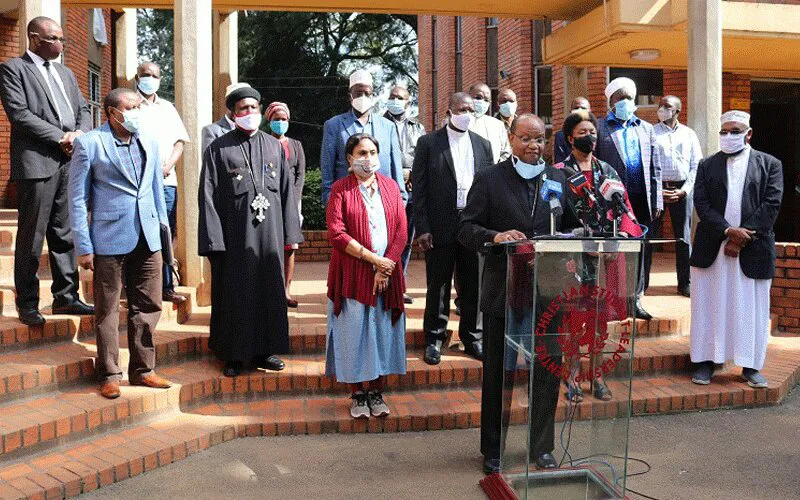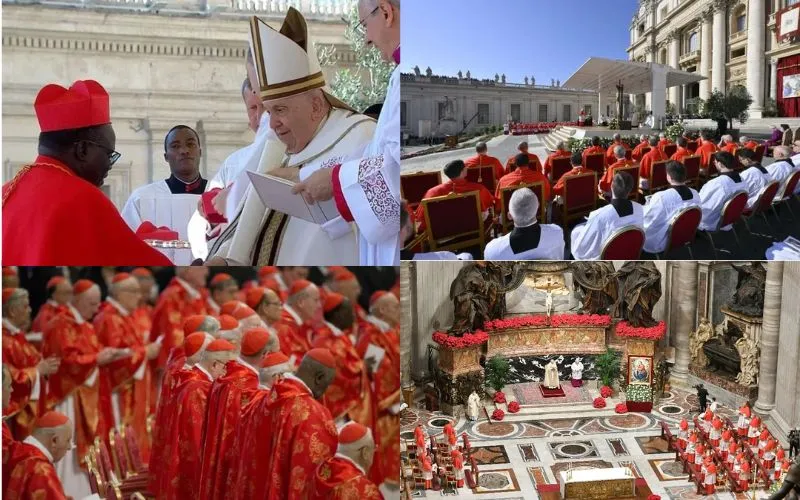Kenya has recorded at least 160,904 cases of the coronavirus including 2,805 deaths and 109,217 recoveries.
In their May 4 statement signed by the Chairman of the Council, Catholic Archbishop Anthony Muheria of Kenya’s Nyeri Archdiocese, the representatives of religious leaders direct that public worship in the five counties resume while adhering to the one-third capacity of the places of worship and that the duration of each service does not exceed 120 minutes.
The members of the body constituted in June 2020 further direct that “where possible the services can be held in open places, keeping strict social distancing of 1.5m without exception, with large circulation spaces.”
They note that worshippers “must still avoid any common use of water or shared items.”
“It is paramount that we do not lower our guard in adhering strictly to the wearing of masks at all times in the worship service; the washing of hands with soap or sanitization before and after the service; sanitizing of all microphones and shared material; regular sanitizing of the places of worship; adequate social distancing in the places of worship,” the Interfaith Council members say.
They also appeal to Kenya’s religious leaders “to reiterate the importance of the preventive measures especially of wearing masks at all times in all public places.”
“We moreover urge all Kenyans to get vaccinated, as this is the most definitive way to contain the power of the virus,” the members of the Catholic Archbishop-led Interfaith Council say and go on to thank religious leaders in the country “for their efforts during this difficult period.”
“You have been outstanding in encouraging your congregations and ensuring compliance to the Interfaith Guidelines in places of Worship,” they say and further ask religious leaders to “keep demanding strict adherence to these guidelines.”
They continue in reference to religious leaders in Kenya, “The Nation still needs your tireless cooperation to maintain the focus of all Kenyans, and give them hope in their diverse circumstances.”
Cognizant of the fact that Kenyans may have become tired of the COVID-19 restrictions since March 2020, the members of the council say that it is the duty of religious leaders “to keep this fight against the covid enemy alive.”








